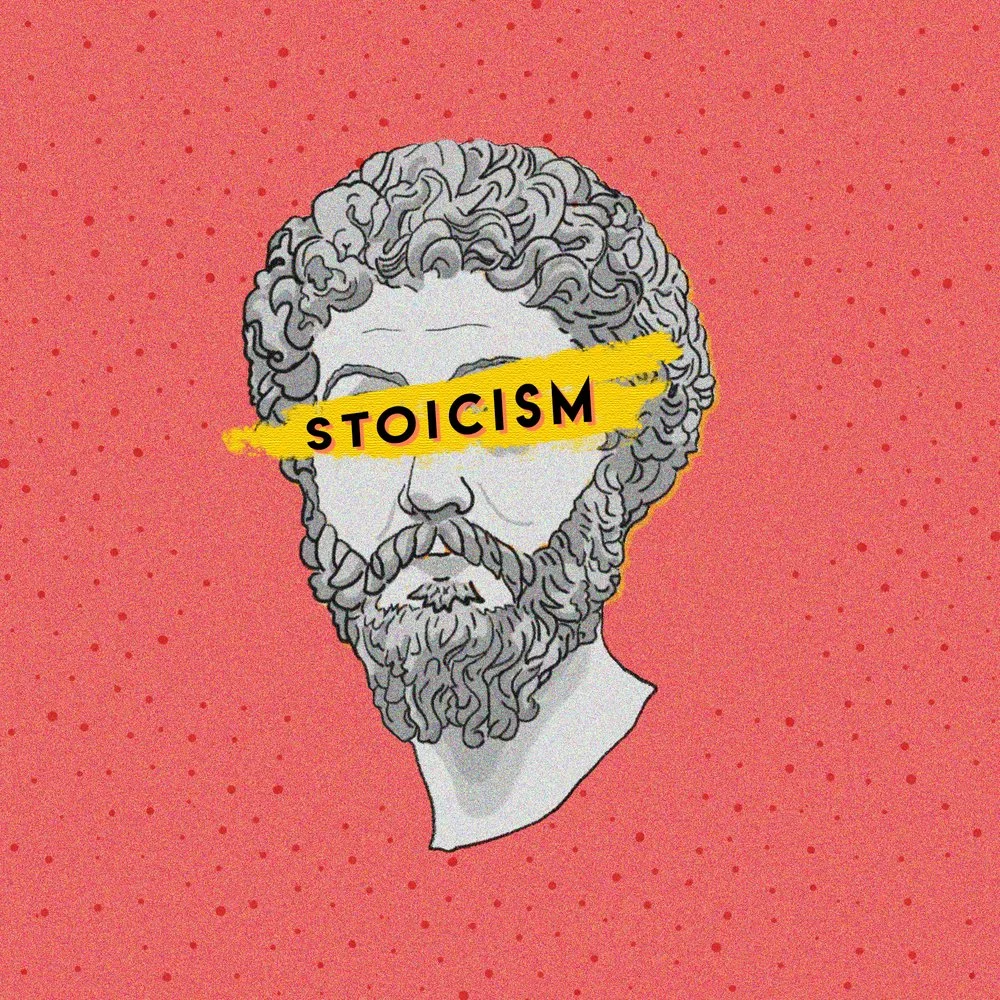3 Life-Changing Stoic Principles for a Happy New Year
This post may contain affiliate links that at no additional cost to you, I may earn a small commission. Read full privacy policy here.
Is there a philosophy that allows us to control how much happiness we feel each day?
Maybe you have dabbled in Taoism or Hedonism to self-develop in this practice, and today we are talking about,
Stoicism.
As a rookie stoic, before I researched this timeless philosophy, I applied the following makeshift Stoic, indifference adjacent, capitalistic principle to my life:
"If it doesn't affect my bank account, I don't care."
I thought of Stoicism as a philosophy solely supporting detachment of outcomes.
But that didn't sit right with my empathetic nature,
that believes that building healthier communities begins with individuals who intend to leave spaces better than how they found them.
Can Stoic's Be Happy?
The ancient Greek and Roman Stoics practiced 'apatheia,' which translates to 'freedom from suffering.'
The goal was to become indifferent to life's pleasures and pains, good and bad, and learn to accept life's events without judgment.
It was thought that one could remain mostly untroubled and free from distress by accepting life's events without resistance.
However, does a life without resistance always equate to happiness?
Or is happiness interdependent with the actions taken despite resistance?
That is where Stoicism can aid in the feeling of happiness to improve the quality of life.
Where Does Stoicism Come From?
The origins of Stoicism can be traced back to Ancient Greece, specifically the teachings of the philosopher Zeno of Citium.
However, the philosophical school of thought as we know it today is credited mainly to the Roman philosopher and statesman Seneca the Younger and Gaius Musonius Rufus.
In the early centuries of the Common Era, the teachings of Stoicism spread throughout the Mediterranean and Roman Empire.
Over the centuries, Stoic philosophy and its adherents have influenced the works of many prominent historical figures, such as Aurelius, Milton, and Dostoyevsky.
This popularity has endured to modern times, with the contemporary Stoic movement growing steadily since its inception in the late 90's, and is still growing in popularity today.
What is a Stoic's Core Belief?
Stoics rest in the idea that we can take our emotions and logically respond despite anything happening around us.
The belief that we have complete control over our reactions is a great challenge to those working on emotional self-regulation and self-mastery.
Stoics act on reason rather than emotions while forgiving and being kind by looking past their reactions.
A good stoic becomes less biased to their emotional charges and preferences to process information faster and arrive at possibilities and solutions sooner.
3 Life-Changing Stoic Principles for a Happy New Year
Look to challenge instead of confirm biases and worldviews.
So much of the stoic's journey is remaining unbiased toward your judgments, which can be difficult if you find your emotions entrenched within those judgments.
The idea of fluid values and outcomes keeps us open to being surprised and disapproved for the return of expanding our awareness.
It's a good trade.
Treat yesterday like it was a present and today as a bonus.
Stoics are used to contemplating their mortality and making decisions to fulfill the in-between from birth to death.
How many times have we been told to be grateful for the present and told to let go of the past because it is no longer here?
Stoicism's ideology focuses on the opposite, referencing the past blessings and lessons as gifts and treating today or the present as the bonus because you are still standing!
Get into the Habit of Tolerating Distress
Purposefully getting uncomfortable and increasing your distress tolerance each day sounds like a masterful in discipline and resiliency.
The ease in this ideology comes from the resilience that stoics radiate along their life journey.
A Final Stoic Truth
The biggest test of character is how one handles the last few moments of one's life.
When those moments arrive, will you have taken the small steps each day to be at peace with your footprints on the world?
If you want to dive into more knowledge and history surrounding Stoicism,
click on the image of the book to purchase your copy of the audiobook Stoicism by Luke Caldwell, the book from which this blog was partially derived.
Thank You, Downpour, for partnering with Divine Download for this blog post.
Other References and Resources
Ana, Dr. “Is Stoicism Good for Your Mental Health?” YouTube, YouTube, 1 June 2023, www.youtube.com/watch?v=FJfohkwJlLU&t=312s.



